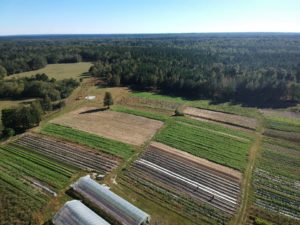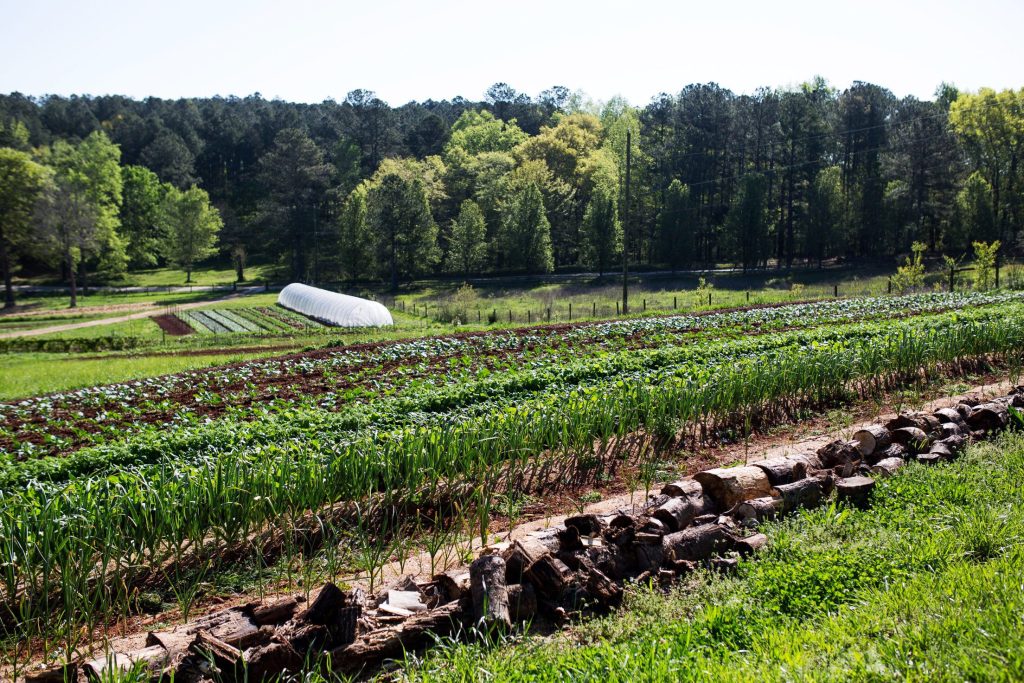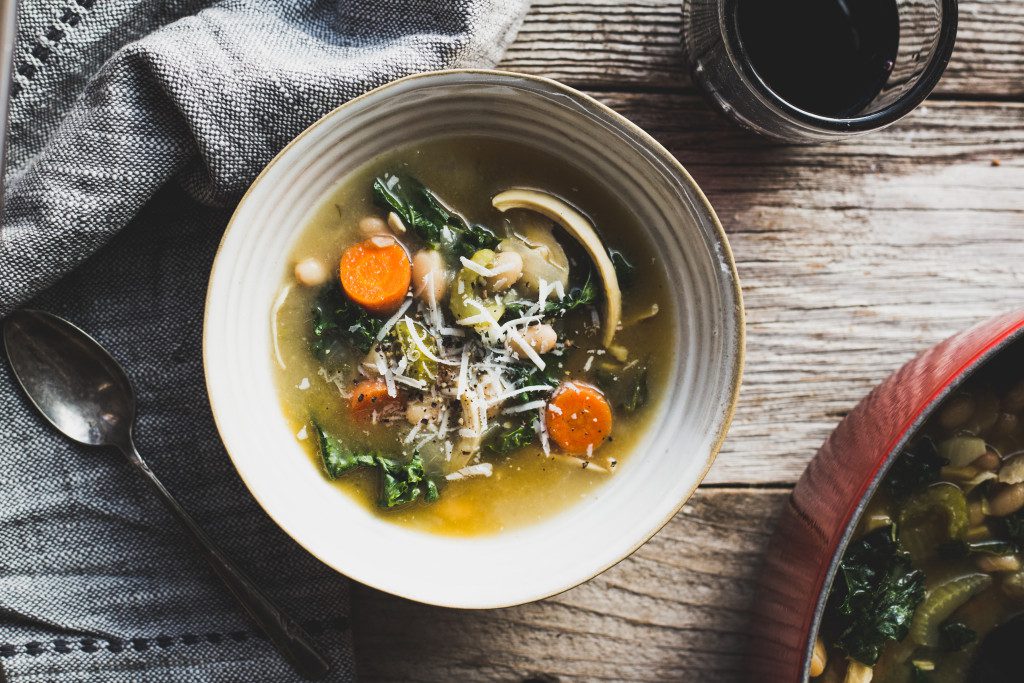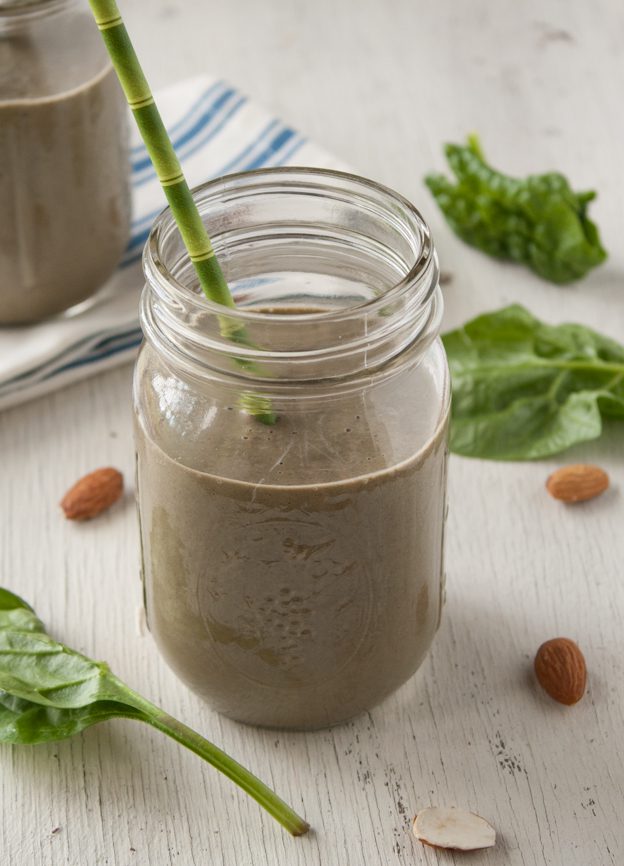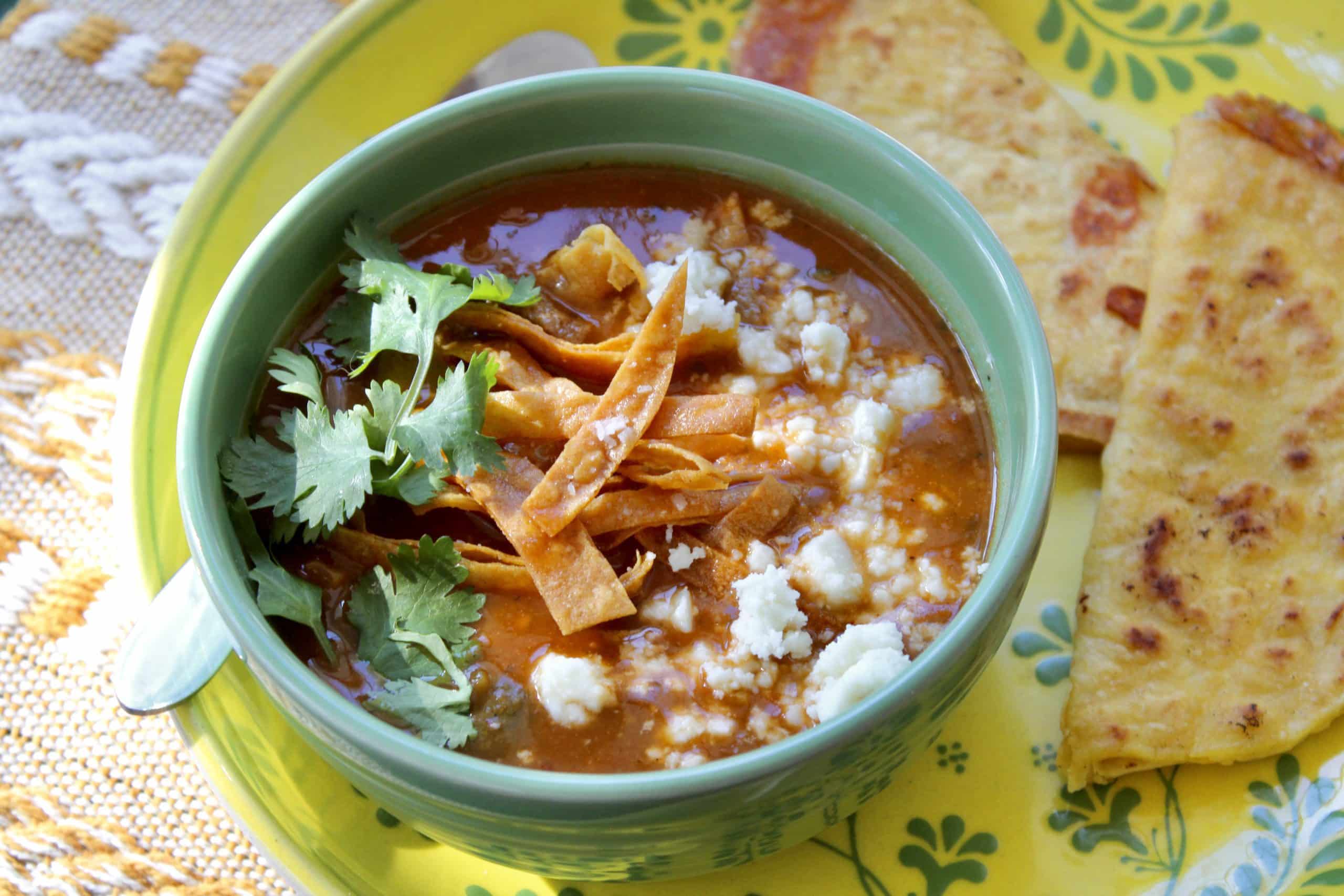What’s your food story?
“I grew up in a farming family from South Georgia where there is big conventional agriculture. In the 70’s and 80’s the trend was ‘get big or get out’. The family farm business went bankrupt which left me dismayed with agriculture as an industry and farming as a way of life. At the same time there was an environmental movement as I was heading into college, which led me into a career in environmental journalism.
Along the way I got to know Alice Rolls who was a matriarch in the environmental movement. She got a job at Georgia Organics and I was like, “Why did she do that? What does agriculture or food have to do with the environment? I was that guy back then. But eventually a communications position opened up at Georgia Organics, and I was ready for a change. I wanted to be more grassroots, roll up my sleeves and do some hard work to help this state. That was 10 years ago.”
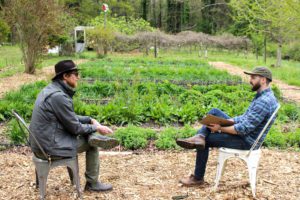
What is the mission of Georgia Organics?
“To connect organic food from Georgia farms to Georgia families.”
How many organic farms are there in Georgia currently?
“130. The goal is 200 by 2020. The vast majority of them are smaller than 30 acres.”
What is the state of Georgia Organics?
“A few years ago there were a lot of young farmers joining the sustainable ag movement, and then the excitement wore off. They were tired of being at farmers markets eight hours a day and doing restaurant deliveries, all while dealing with a young family and worried about health insurance. So we lost some farmers and Georgia Organics did some soul searching. I realized I needed to be more directly involved in assisting our farmers, asking myself ‘what do they want me to do for them?’ I became the Farmer Services Team Director two years ago and we’ve been cruising along ever since.”
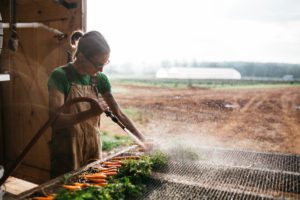
What are some other challenges local organic farmers face?
They’ve got to grow the food in a way that’s sustainable for the planet, but do it in a way that’s sustainable for their family, because the stress is off the charts. It would be great if they were making tons of money and didn’t have to worry about diesel fuel costs or upgrading their packing station, but every expense is a substantial investment. Their margins, if they even have them, are razor thin, so they need every customer they can get and then 20 more.”
What is the state of our national food system?
“Our national food system is currently a wobbling mess of financial insecurity, environmental exploitation and labor exploitation. When we started treating our soil as something to exploit rather than share, the financial and natural sustainability of the farm just started teetering, and that’s basically where our food system is now.”
Do you think the demand for organic could outgrow the local supply?
“It has by far. If we studied what Atlanta buys organically, and what Georgia produces organically, there is a billion dollar gap. Probably one of the largest marketplace gaps in the country. Atlanta is one of the top 10 organic cities and Georgia is one of the smallest organic producing states. That doesn’t sit well with me at all. My job is to fix that gap.”
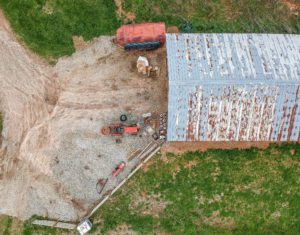
What do you think about Amazon / Whole Foods?
“I don’t mind being controversial there. As a business model it seems like just another big company that’s pushing the prices of the farmer as low as it can get and that’s not what we’re about at all. There is a reckoning due for how much farmers earn and what they should truly be paid for their products. They’re doing it the right way, but the system is not set up for them to get paid fairly. The power in the marketplace is on the opposite end from the farm. Those managers at loading docks can go into an 18 wheeler, pick out one bad peach and send the entire truck away and that sale is gone. They have that power, and it’s not equitable. That needs fixing and consumers have the ability to shift that dynamic. Every time you’re going the extra mile, buying from local farms and not just clicking buttons through Amazon, you are changing that power dynamic in a positive way.”
As a consumer, if I buy organic products and don’t really know where they’re from, am I at risk of buying something with pesticides in it?
“Yes, you are. Even in a certified organic operation you can have and will have pesticides. The USDA knows that and the EPA knows that and they call that background exposure. There’s just this level of pesticides and harmful chemicals in our world now and we’ve accepted that as the truth and just moved on…and that’s sad. Do you think that the background level of harmful chemicals is gonna go up or down if we have that attitude?”
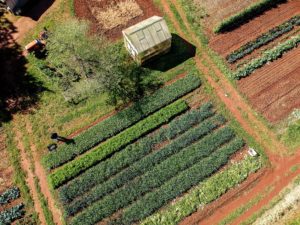
To what degree can we trust in the organic label, for produce specifically, given the factors we just discussed?
“Organic produce is one of the safest cleanest things you can find. If there is any pesticide it is going to be exponentially lower on certified organic – especially if it is produce. The smaller the operation and further distance it is from industrial operations the cleaner it’s gonna be. That’s why knowing who your farmer is and where they’re located, and what they’re doing on their farm to prevent cross contamination is important.”
Annually, 80% of what Fresh Harvest buys is from local organic farms and those farms are an average of 67 miles from Atlanta. With those statistics in mind, what would you say to FH customers?
“The first thing I would say is literally double what you are buying. You are participating in a revolutionary food system that is separate and distinct from a larger one that has a lot of problems with it. It is the beginning of our next, more long term, truly sustainable food system that has the potential to right a lot of wrongs in terms of environmental and economic disparity. When you are transparent and working on putting money into a family operation on a more grassroots scale you are righting several wrongs. Y’all have started the needle but it’s up to you, the customer, to expand it. Its going to take the whole village.
At the end of the day you’re fixing a broken system and you’re having fun doing it. That’s a pretty cool way to fight climate change, to address the economic disparity in rural Georgia, and to confront this power disparity that farmers are up against – by ending the day on a delicious meal with your family. Cook it up and enjoy it over laughter and love.”
